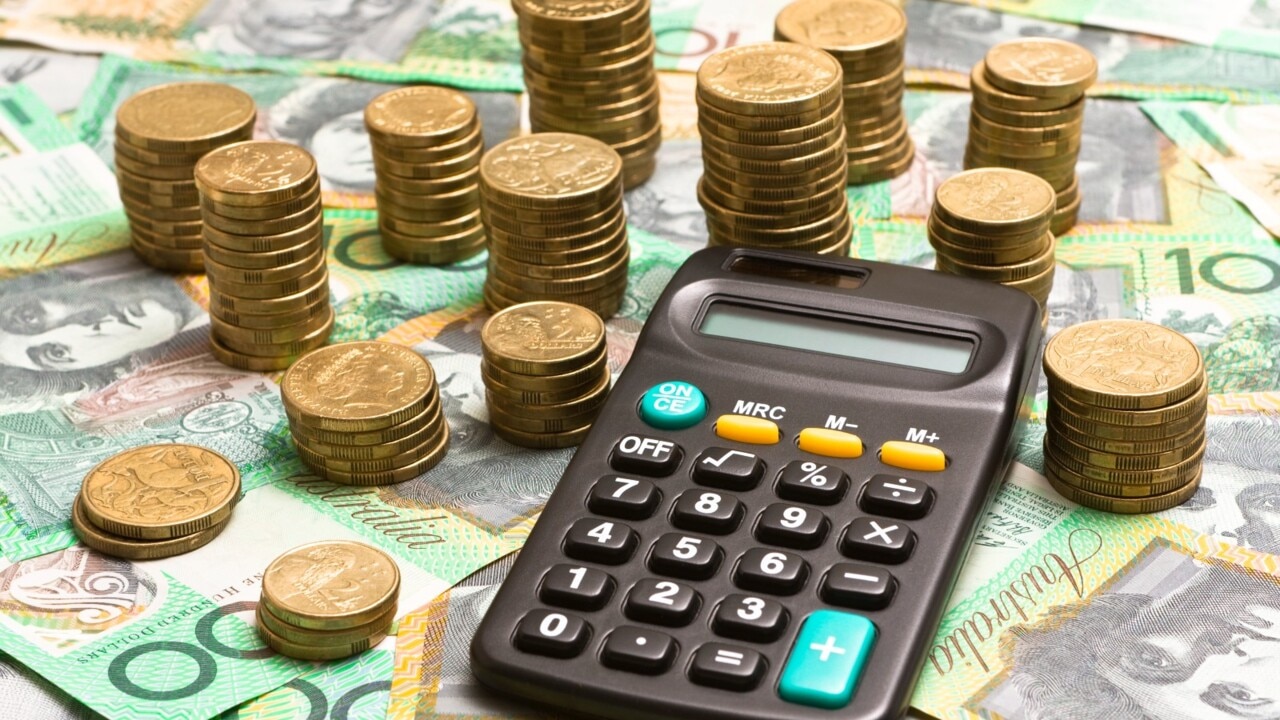
That’s how the Canadian-born former Future Fund executive has boiled down Magellan’s problems after last summer’s two-month string of shocks ultimately culminated in a rush of funds heading out the door and the exit of co-founder and biggest shareholder Hamish Douglass.
One of the first things George did on taking charge as chief executive three weeks ago was meet with Douglass, who remains in NSW’s Southern Highlands after initially taking leave of absence for health reasons citing personal issues.
Douglass, who has not been involved in the running of the company all year, formally resigned from Magellan in June but will return in October as a consultant. The key for George was to open a dialogue with Douglass and put a framework around the consulting role which will see Douglass offer “macroeconomic” investment updates, while ensuring there is a positive relationship between the two.
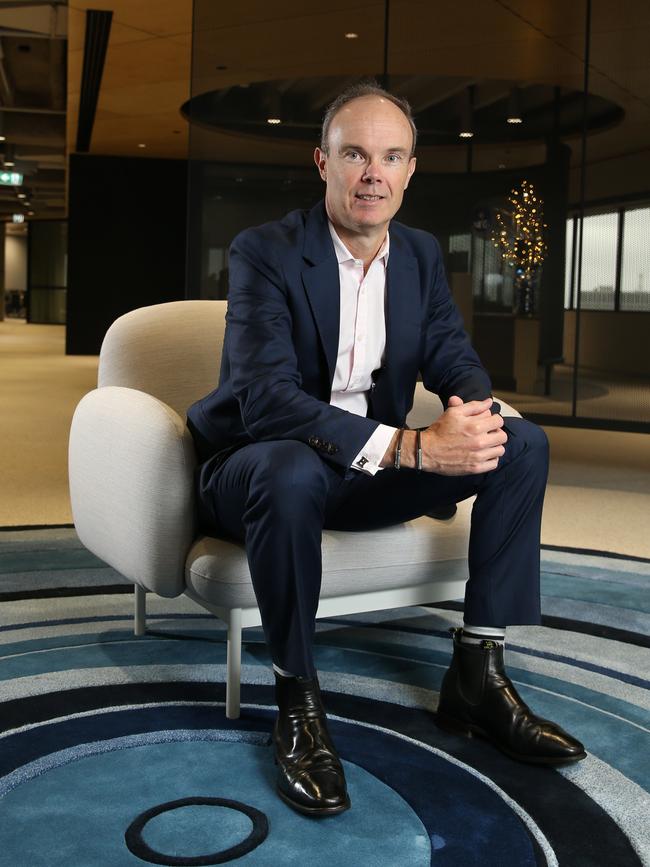
Douglass’s stake in the fund manager is valued at just under $300m and he was paid $8.1m last year, including $2.5m of termination benefits. The payout includes the executive chair salary from last year as well as deferred cash bonuses.
Some cleaning up in Douglass’s bets has already taken place with a profitable exit in the fast food chain Guzman y Gomez for $140m while there is a long-term commitment to start-up investment bank Barrenjoey, which after two years has now turned a profit.
But it is Douglass’s former flagship global equities fund that remains the source of Magellan’s issues including the large outflows. Exposure to high-flying tech stocks including Alphabet, Microsoft, Netflix and Facebook have impacted performance as well as a mistimed call around China-linked investments. This saw returns for the global fund last year come in at negative 11.8 per cent, which has weighed on 3 and 5-year returns.
“It is clear that recent performance in the global equity strategy in particular, has not lived up to Magellan’s reputation,” George said as he delivered a 3 per cent fall in underlying profit to $400m.
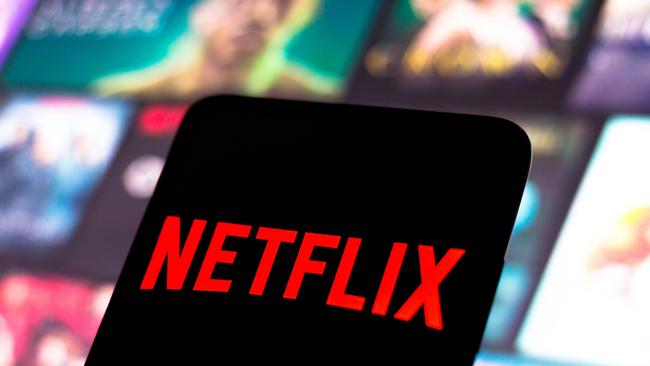
Consistent performance is his priority and essential to stopping fund outflows. He has already spent a “significant” amount of his first three weeks reviewing and strengthening the investment processes around the fund. The fund’s research capability is also coming under scrutiny.
Through his near two-decade career in markets both here and in Canada George said he had seen some 1000 investment managers, investment processes and investment cultures in practice.
“I have a good perspective on what good looks like,” he says, adding he expected to transfer some of this into Magellan’s investment processes.
But even George knows it is going to be a long, hard road back to outperformance with Magellan’s institutional clients already calling for a cut to the fund management fees that have promised premium returns.
And the company is today built around a business model that was managing more than $100bn a yeara go – today it has just a little over $61bn with more outflows likely to come. The shrinking funds base materially hit profit in the June half and George has warned more earnings pain is likely to come this coming year.
There are some bright spots with Magellan’s infrastructure returning 6 per cent over the year. George is on a more stable footing on infrastructure which he helped oversee as deputy chief investment officer at the Future Fund. Meanwhile, the John Sevior-managed Australian Equities business under the Airlie brand continues to perform well and George has ambitions to grow this. He also has some runway given the Magellan balance sheet is relatively cashed up with little debt.
George remains a believer in active funds management over index funds particularly with the global market facing another “turning point”. He expects a period of subdued returns for the broader market, meaning it’s time for active managers to shine.
-
CSL’s big health bets
Paul Perreault is not holding back over CSL’s billion-dollar annual spend on research and development even in the face of mounting costs for the pharma giant.
The research bill for CSL last year shot up 17 per cent to $US1.15bn ($1.64bn) coming in right at the top of the company’s own internal targets for annual spending. Perreault is the first to acknowledge not all the spending pays off but it’s important to have a portfolio of bets that are going to pay off over time.
Prior to Covid-19, R&D was starting to go out of favour among big pharma, given the extremely high costs and lumpy nature of returns from drug innovation. But for investors, the pandemic has put R&D back in fashion.
“If we’re not innovating, we’re managing our exit from the business and so we have to continue to invest in R&D,” Perreault says.
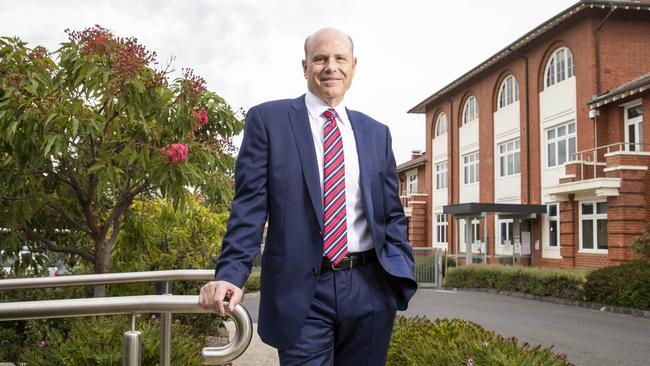
The CEO personally reviews the progress of every research project twice a year and says the spending should be considered as a long-term play with projects taking between seven to 12 years to come to fruition.
CSL’s R&D pipeline includes bets on anti-inflammatory drugs, haematology, respiratory drugs as well as treatment for cardiovascular diseases. It is also evolving its flagship influenza vaccine range to keep ahead of the virus. The biotech targets between 10-11 per cent of annual revenue to be spent on R&D.
Perreault says we shouldn’t be complacent about influenza even as Covid-19 variants continue to spread through the community.
The pharma giant that produces its own in-house influenza vaccines says it’s still too difficult to combine the Covid-19 and flu shot. But he expects over the longer term the progression of Covid-19 will see it become seasonal virus like influenza.
The pandemic has pressured the $140bn CSL in different ways. While it was a contract manufacturer of AstraZenaca vaccines in Australia (it does not have its own Covid-19 vaccine candidate) the pandemic hampered its ability to secure blood donations in the US. This is critical for its ability to produce life saving plasma. Indeed CSL admits it is two years behind internal targets of where it wants to be on collections.
Pandemic impact
Inflation pressures are more acute in the US while the company has also felt the squeeze of higher wages, particularly at its blood collection centres.
Under the US healthcare system, CSL pays for blood donations – as much as $US800 for multiple visits. Inflation there is spurring on more donations, with more people looking for additional ways to ease the cost of living pressures. Visits to donation centres increased in the June half as inflation really took off in the US.
CSL posted a 6 per cent fall in headline profit to $US2.25bn for the year. The dividend of $US2.22 was flat on last year.
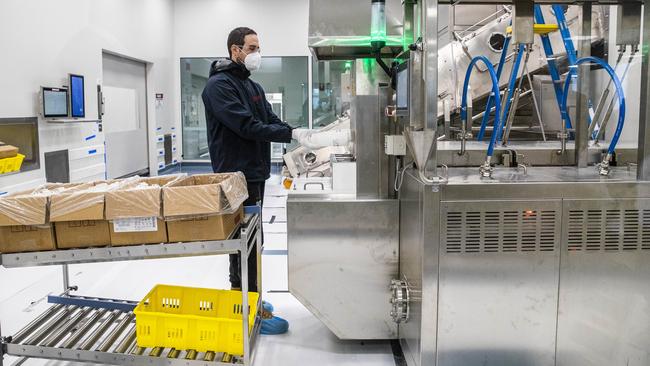
The biotech generates nearly 90 per cent of $US10.3bn sales from outside Australia. A little over half are from North America.
Perreault is tipping a full net profit of $US2.4bn to $US2.5bn with revenue growth of 7-11 per cent. The outlook doesn’t include the recent acquisition of European kidney specialist Vifor.






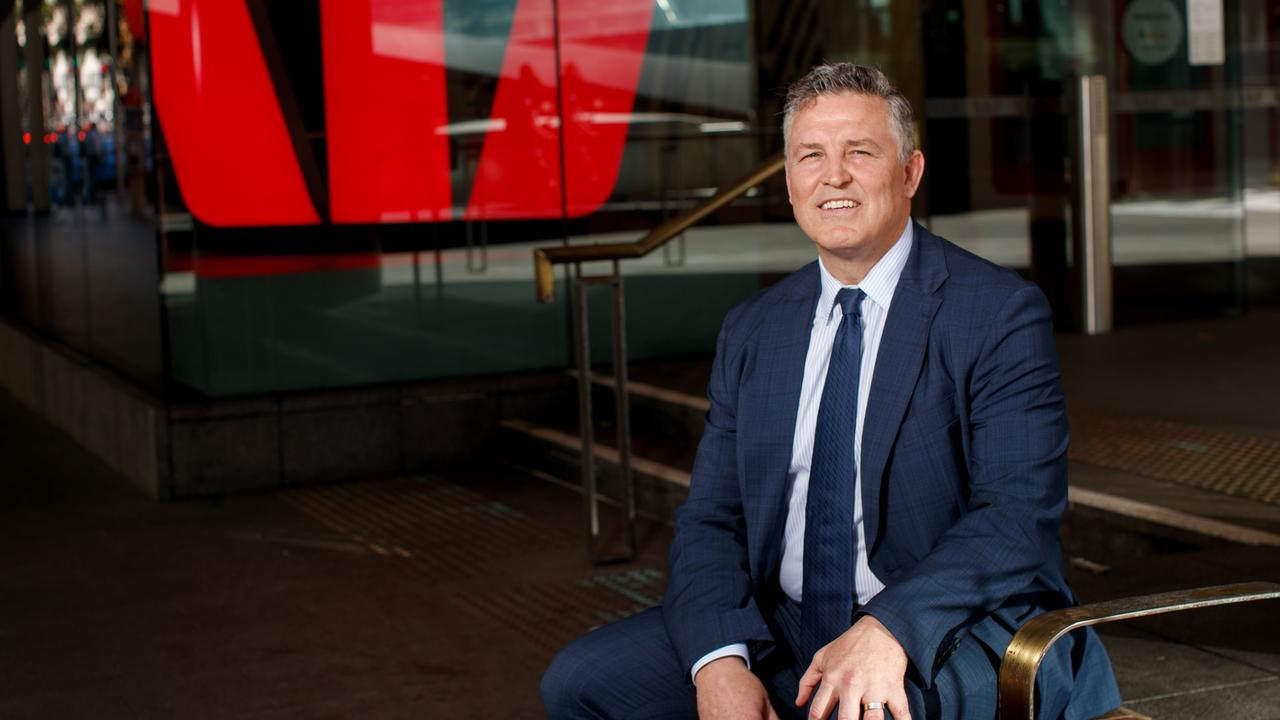
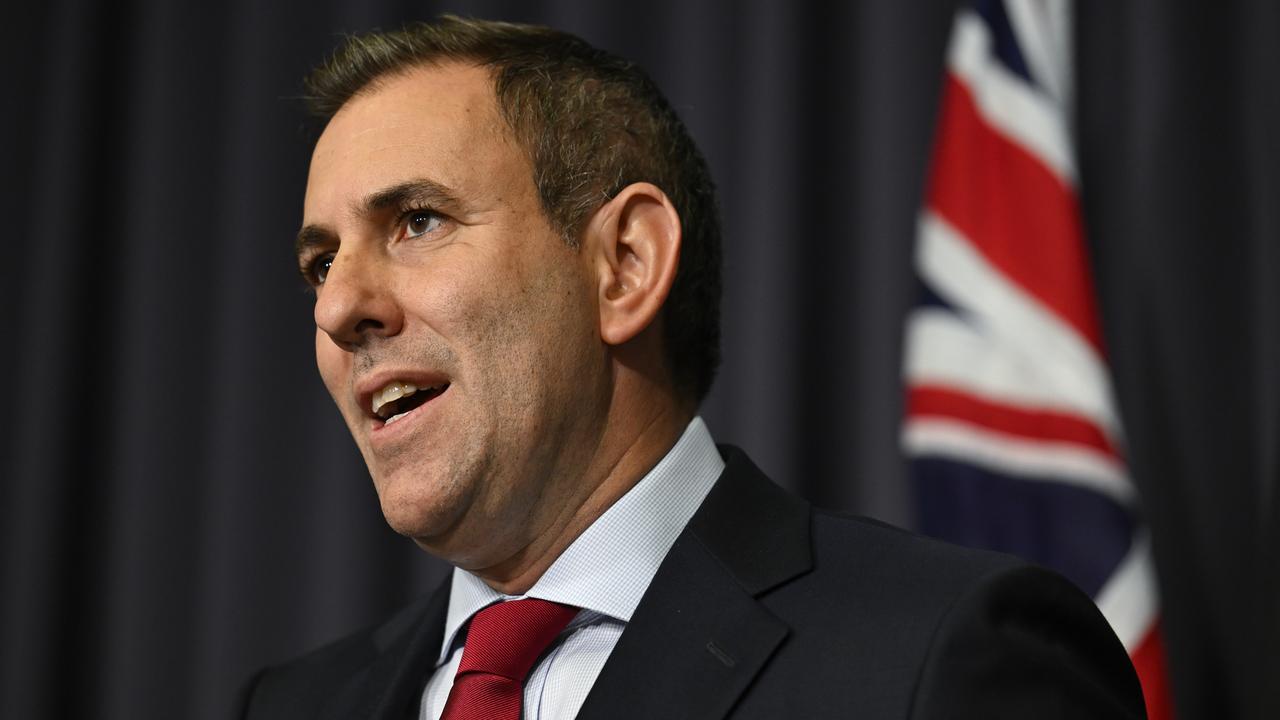
Not even a month into taking charge of Magellan Financial, David George believes the path to restoring the beaten-down fund manager to its former glory is not complicated. It comes down to three things. Performance, performance and performance.